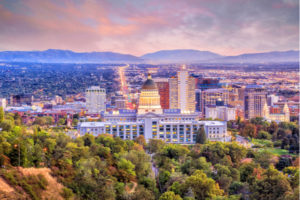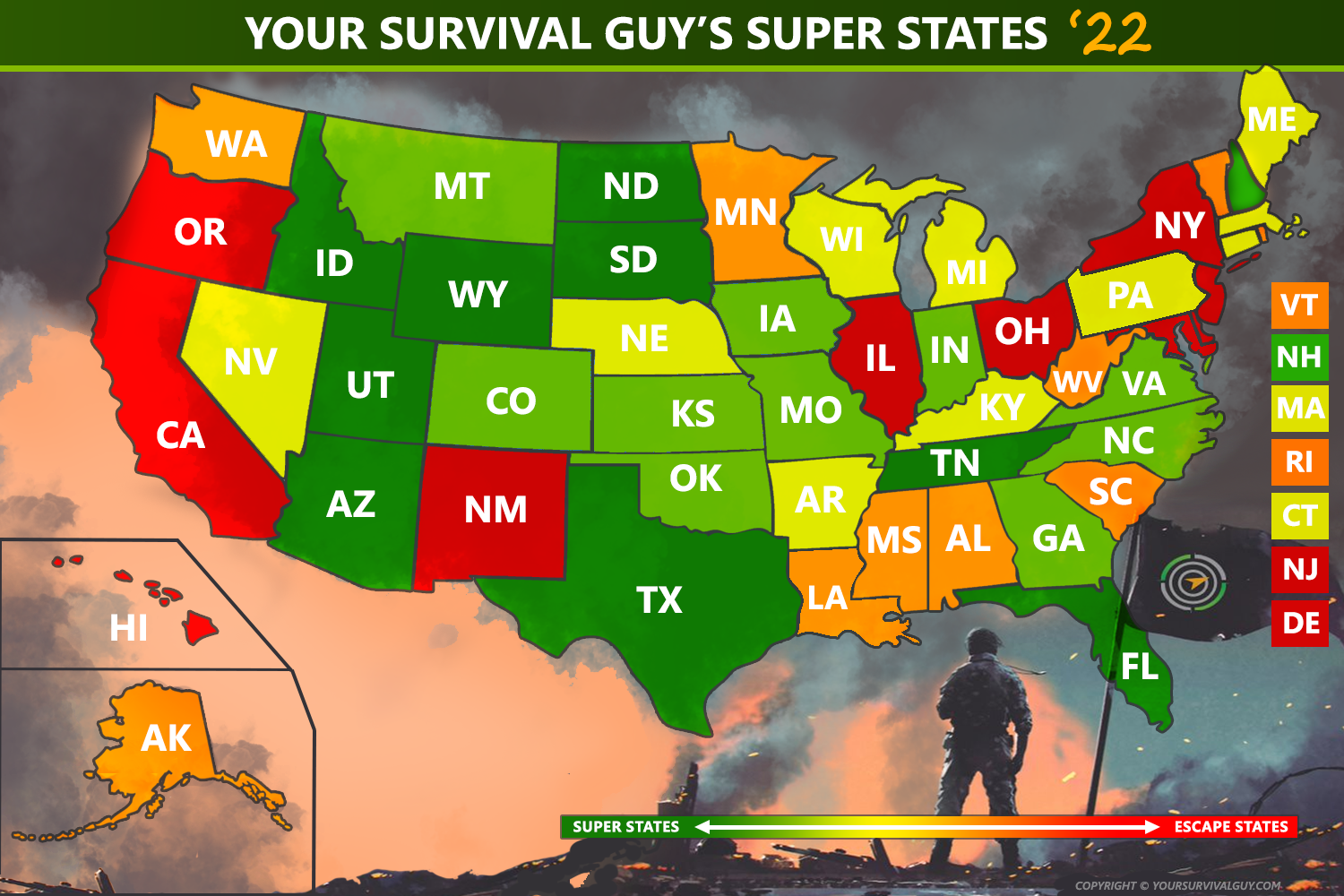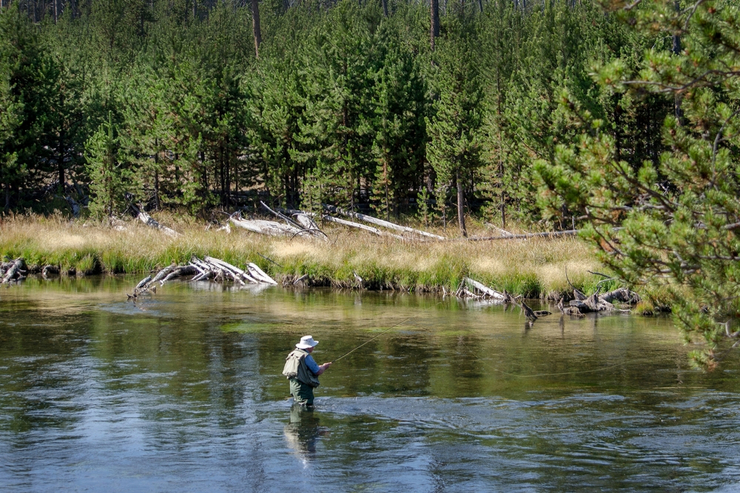
Originally posted on December 9, 2019.
You’re familiar with my piece Rich Grandchild, Poor Grandchild. Now I want you to shift gears and think about which states are the rich states, and which ones are the poor states.
“For each of the past 12 years, Arthur Laffer, Jonathan Williams and I have answered that question in ‘Rich States, Poor States,’ an index of economic competitiveness published by the American Legislative Exchange Council. Every year the top performer has been Utah,” explains Stephen Moore.
Yes, that’s right, the winner once again is Utah.
On a recent ski trip to Utah, my family experienced firsthand why they call it Silicon Slopes. With world-class skiing in and around Big and Little Cotton Canyons such as Deer Valley, Park City, Snowbird and Alta, there’s plenty of winter fun to be had within 45-minutes of booming Salt Lake City.
Sundance Mountain Resort, also within an hour’s drive of SLC was recently voted #1 ski resort in the U.S. and Canada by Conde Nast.
But as the saying goes, you’ll visit for the winter, but you’ll stay for the summers.
“One of the best parts of helping people in retirement is getting to be a part of their retirement life,” I wrote to you last month. “A client recently sent me this picture, and said: ‘Above is a snap of Rainbow Bridge taken from a nearby alcove that held some old signatures.’ It was great to be able to share that moment he had worked for his whole life.”
Here’s a pic:
More Reasons to Live in Utah
More reasons to live in Utah: No death tax, so don’t worry about being adventurous. There’s plenty to do when you have five breathtaking national parks: Arches, Canyonlands, Capitol Reef, Bryce Canyon, and Zion.
“Utah has a low, flat-rate income and corporate tax of below 5%,” writes Moore. “There’s no death tax, so wealthy people don’t have to flee to Florida after they retire. There’s a flat tax income tax, and it’s a right to work state.”
Moore continues (abridged):
Part of the reason for Utah’s consistently strong economic growth is a still-predominant Mormon culture that encourages out-of-fashion virtues such as thrift, delayed gratification and stable families. The state has the nation’s lowest median age. There is no dreary Malthusian concern about “overpopulation” in young and vital Utah. Stand outside a church on a Sunday morning, as I did recently, and you will see families with large numbers of kids spilling out of minivans. In the graying Northeast, that’s a rare sight.
Many analysts have attributed Utah’s prosperity to favorable demographics. But good economic policy leads to favorable demographics. Roughly half of Utah’s population explosion has been due to net migration of almost 80,000 newcomers (mostly young) over the past decade from other states. If Utah had New York’s or California’s tax rates and antibusiness attitudes, the flow of people would likely run the other way.
Progressives dismiss red states like Utah as places that reward the superrich with low taxes at the expense of everyone else. But perhaps the most confounding thing about Utah is that despite (or because of) its antiprogressive policies, it has the least income inequality in the nation, according to the latest U.S. Census Bureau data.
If the progressive soak-the-rich policies of presidential candidates Elizabeth Warren and Bernie Sanders are really the path to prosperity, why does conservative Utah—which spurns all their ideas—keep coming out No. 1?
Read more here.



